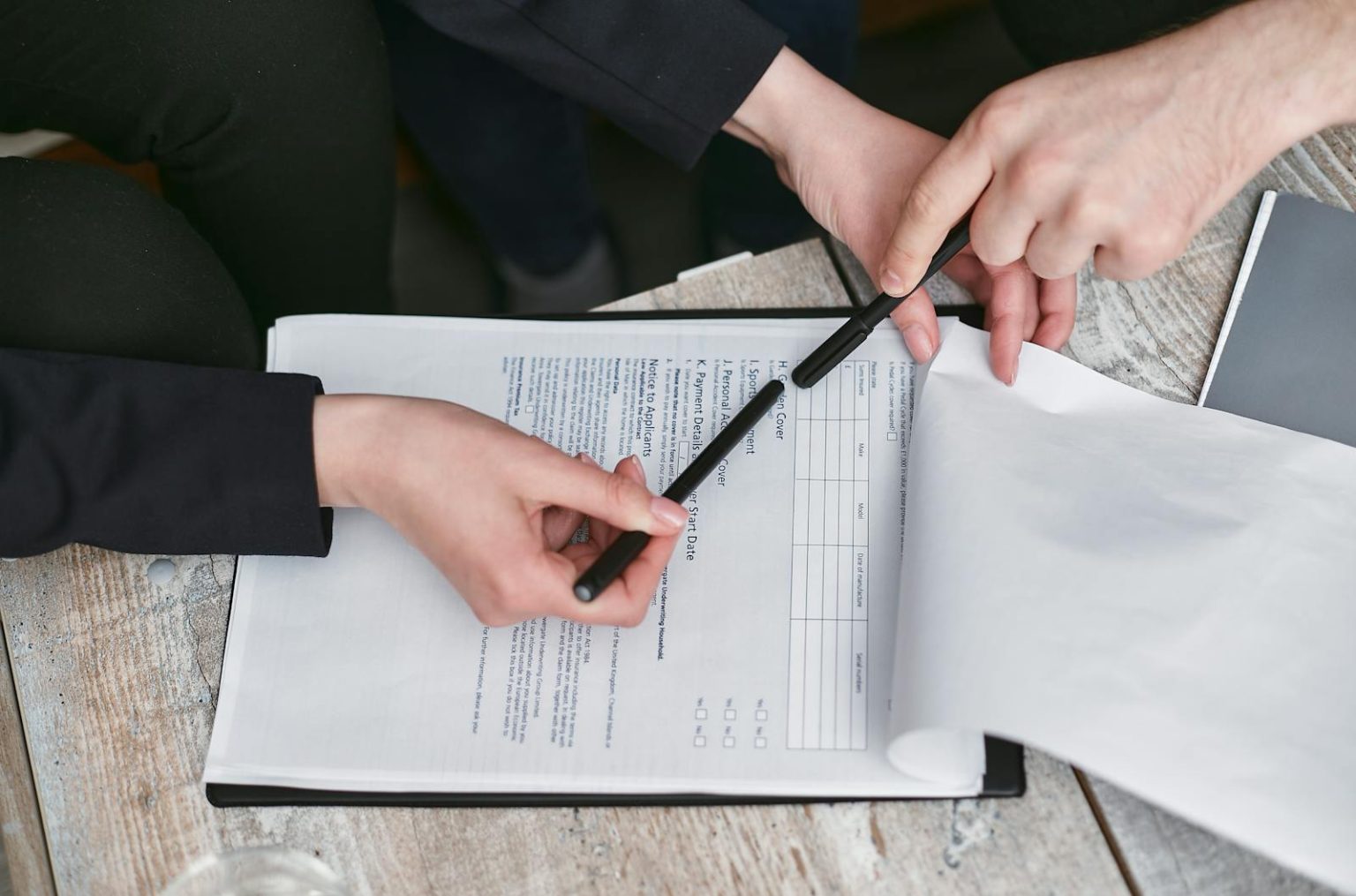The Social Security Administration (SSA) is revising its plans to tighten identity verification procedures. The changes were set to begin on March 31 but will now take effect on April 14, 2025. This follows widespread criticism from lawmakers, advocacy groups, and program beneficiaries.
Acting Commissioner of Social Security Lee Dudek said the agency made adjustments after hearing concerns.
Americans across the country are sounding the alarm on cuts to Social Security services.
10,000 people become eligible for Social Security benefits every day. These cuts shouldn't just be postponed, they should be scrapped altogether.https://t.co/cRRXfs03R1
— Grace Meng (@RepGraceMeng) March 31, 2025
We have listened to our customers, advocates, and others, and we are updating our policy to provide better customer service to the country’s most vulnerable populations,” Dudek said in a statement published by the SSA. Under the revised policy, individuals applying for Social Security Disability Insurance (SSDI), Medicare, or Supplemental Security Income (SSI) who can’t verify their identity online can complete their claims by phone without visiting an office.
We're standing our ground to protect Social Security, and the pressure is making a difference. I will keep standing strong against this Admin and any attempt to rip away the earned benefits people count on to live with dignity.https://t.co/YGDXMIoOuN pic.twitter.com/0hxvEnwfyG
— Congressman Chris Deluzio (@RepDeluzio) March 30, 2025
However, those applying for retirement, survivor, or auxiliary benefits must verify their identity in person if they can’t use the online portal. Dudek emphasized that the delay would also give SSA employees time to receive training on the new procedures. “In addition to extending the policy’s effective date by two weeks to ensure our employees have the training they need to help customers, Medicare, Disability, and SSI applications will be exempt from in-person identity proofing because multiple opportunities exist during the decision process to verify a person’s identity,” he said.
For those required to verify their identity in person, the SSA accepts several types of documents. The complete list is detailed in the SSA’s Program Operations Manual, which specifies primary and secondary identity document requirements.
On the campaign trail, Donald Trump repeatedly claimed that he wouldn’t touch Social Security – yet his cuts are plunging the agency into a crisis.
Promises made, promises broken.https://t.co/Rjl5wK2AfW
— Lori Trahan (@RepLoriTrahan) March 31, 2025
Identity verification changes delayed
Primary identification documents include an unexpired U.S. driver’s license, state-issued non-driver ID card, U.S. passport or passport card, permanent resident card, employment authorization document, and American Indian card for the Texas Band of Kickapoos. If a primary ID is not available, the SSA accepts secondary documents such as a U.S. military ID, Certificate of Naturalization or U.S. Citizenship, government or non-government employee ID, certified medical record, health insurance or Medicaid card, school ID or certified school record, life insurance policy, and religious or tribal documents that meet SSA standards. The SSA noted that those unable to verify their identity online can call 1-800-772-1213 to schedule an in-person appointment.
The agency emphasized that “SSA will enforce online digital identity proofing or in-person identity proofing for these cases. The agency will not enforce these requirements in extreme dire-need situations, such as terminal cases or prisoner pre-release scenarios.”
The changes arrive amid the Department of Government Efficiency (DOGE) plans to close 47 Social Security field offices. DOGE has cited cost-cutting and fraud prevention as primary motivations.
Frank Bisignano is being considered to lead the SSA
Frank Bisignano, who is being considered to lead the SSA, faced scrutiny during his confirmation hearing for the policy shift and office closures. He said the objective was to protect against fraud but assured that he did not intend to touch benefits. Dudek defended the new verification system as necessary to stem losses, stating, “For far too long, the agency has used antiquated methods for proving identity.
Social Security can better protect Americans while expediting service. The Social Security Administration loses over $100 million a year to direct deposit fraud.
The new procedures reflect the SSA’s efforts to modernize and secure its operations while balancing accessibility needs.
Photo by; Mikhail Nilov on Pexels

